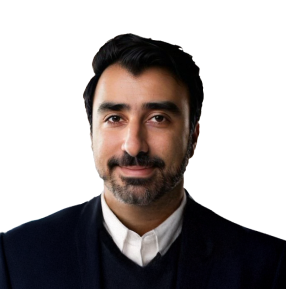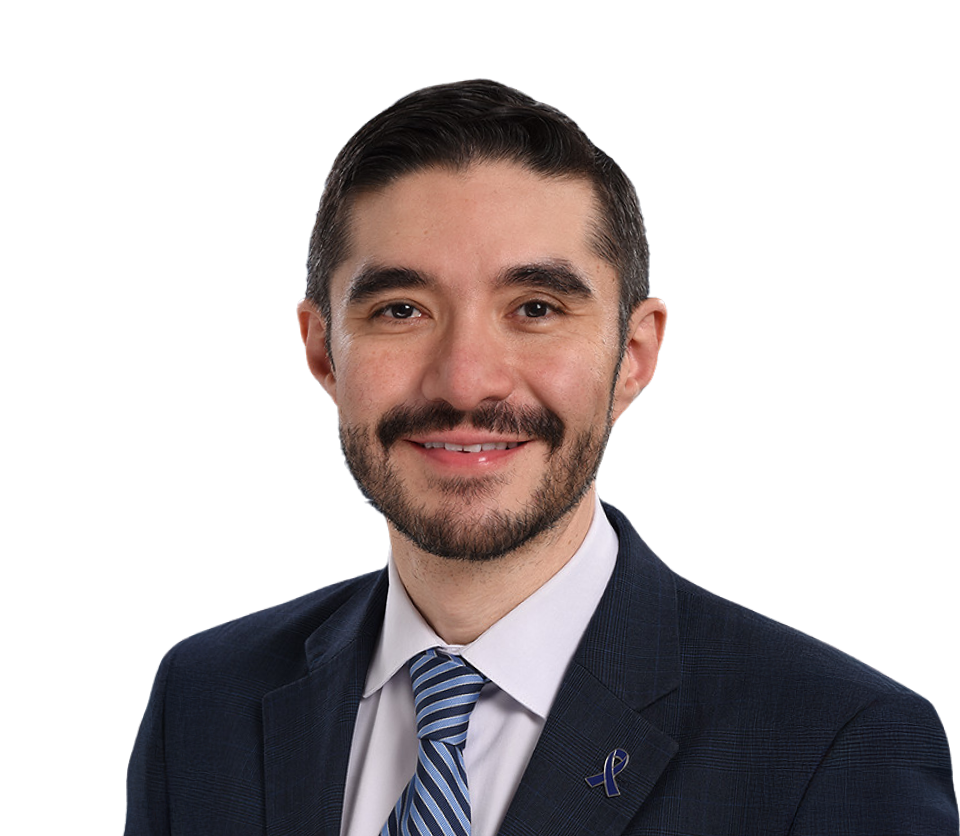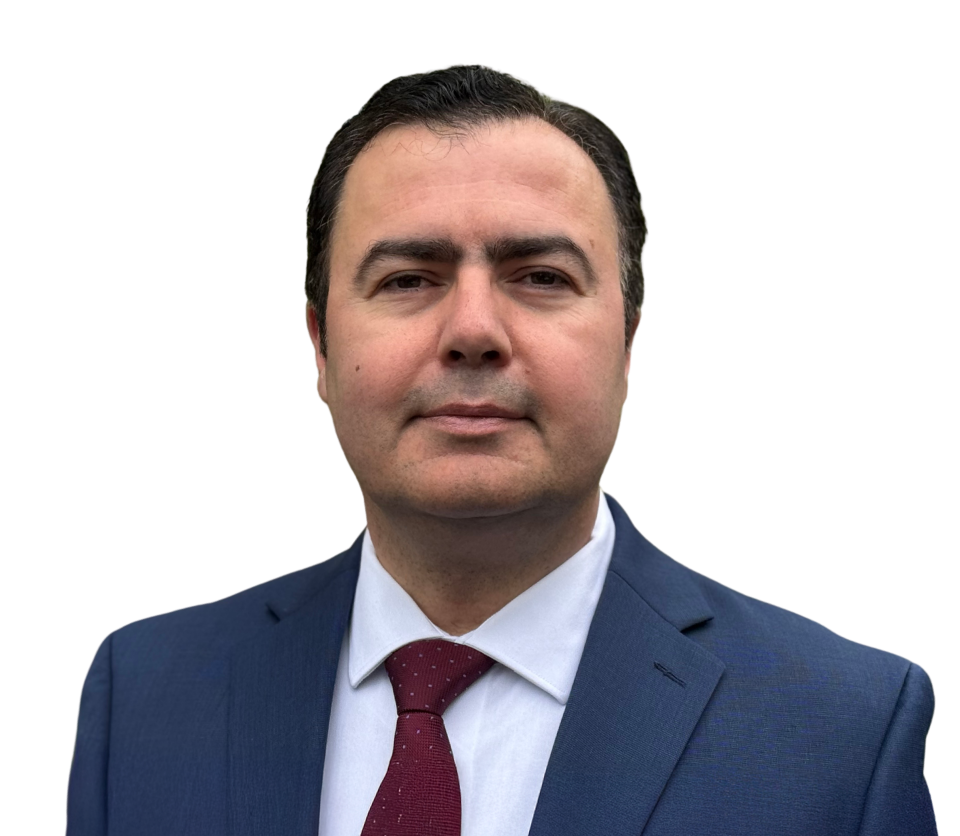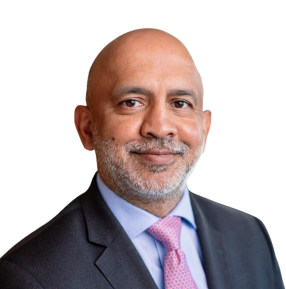Meet Our Featured Speakers
Digital Heart Twin
Healthcare is entering a new phase, where digital replicas of organs interact with clinical systems and human practitioners in real time. This is the promise of Health AI. Leading this advancement is the Digital Heart Twin, a high-resolution computational model of a patient’s heart designed to simulate function, predict responses to therapies, and support precision treatment planning.
Show more
Healthcare providers are facing growing pressure to improve patient outcomes, reduce readmissions, manage limited resources, and transition to value-based care. Although medical imaging and wearable technology have made significant progress, the lack of deep personalization and real-time modeling continues to limit treatment effectiveness. In the coming years, health systems and medical technology developers will be challenged to adopt scalable innovations. Key factors shaping this landscape include clinical workflow efficiency, AI validation, payer reimbursement models, ethical data use, physician adoption, and the rising demand for personalized and preventive care.
How healthcare Is Transforming Through Digital Heart Twins
Deploying advanced AI to monitor vital signs is no longer sufficient. Modern medicine demands more than diagnostic snapshots. Virtual heart replicas, powered by a combination of imaging, biosensor, and electronic health record data, allow clinicians to simulate surgeries, predict arrhythmias, and assess the potential effects of drug regimens before the patient enters the operating room. This technology is especially valuable because it extends beyond acute care. Chronic conditions such as heart failure and atrial fibrillation can benefit significantly from continuous virtual modeling, which provides adaptive risk scores and predictive treatment outcomes over time.
As AI-generated, patient-specific insights become central to cardiology, platforms for clinical data integration and visualization are gaining strategic importance. Many decision-makers still lack visibility into hidden inefficiencies, such as redundant imaging or underperforming treatment protocols, which quietly drive-up care costs. Predictive modeling and simulation analytics are starting to reveal these inefficiencies, opening the door to new models of care, including remote procedural planning and simulation-led therapy optimization. At the same time, hospital systems are evolving into digital clinical ecosystems, where real-time models support operational resilience and data-informed triage.
The Digital Heart Twin is not only a tool for therapy; it is also the foundation of a new care paradigm.
We are witnessing the convergence of AI-powered simulation and clinical practice. To support this shift, healthcare organizations must address regulatory barriers, interoperability challenges, and technical differences across devices, software platforms, and electronic health records. The digitization of patient physiology presents both new challenges and significant opportunities. Legacy systems must now connect with AI-native platforms that support continuous learning and high-fidelity prediction.
Cardiology departments are exploring how Digital Heart Twins can support proactive and preemptive care. Patients become both data contributors and beneficiaries, effectively serving as "prosumers" within a truly digital health ecosystem. Rather than reacting to cardiovascular events after they occur, physicians can now simulate those events months in advance and intervene earlier with greater confidence.
By integrating virtual hearts with imaging and monitoring systems, healthcare institutions may be able to reduce unnecessary interventions, prevent complications, and lower costs. At the same time, simulations that incorporate patient-specific variables, such as anatomical differences or comorbidities, can lead to safer and more effective treatments. This builds trust in physicians and supports faster adoption of technology.
our sponsors
Topics on the agenda
THE DEATH OF THE INTERFACE: WHY THE FUTURE OF AI IN HEALTHCARE IS INVISIBLE
Day 1: undefined
09:10 - 09:35
THE RISE OF PATHWAY-BASED AI/ML TOOLS FOR MULTIOMIC DIAGNOSIS AND DRUG TARGETING
Day 1: undefined
16:30 - 16:55
MULTIMODAL AI FOR IMPROVED PERFORMANCE & EXPLAINABILITY IN HEALTHCARE
Day 2: undefined
15:30 - 15:55
SUBSCRIBE FOR UPDATES
By submitting, you agree to receive email communications from the event organizers, including upcoming promotions and discounted tickets, news, and access to related events.











































